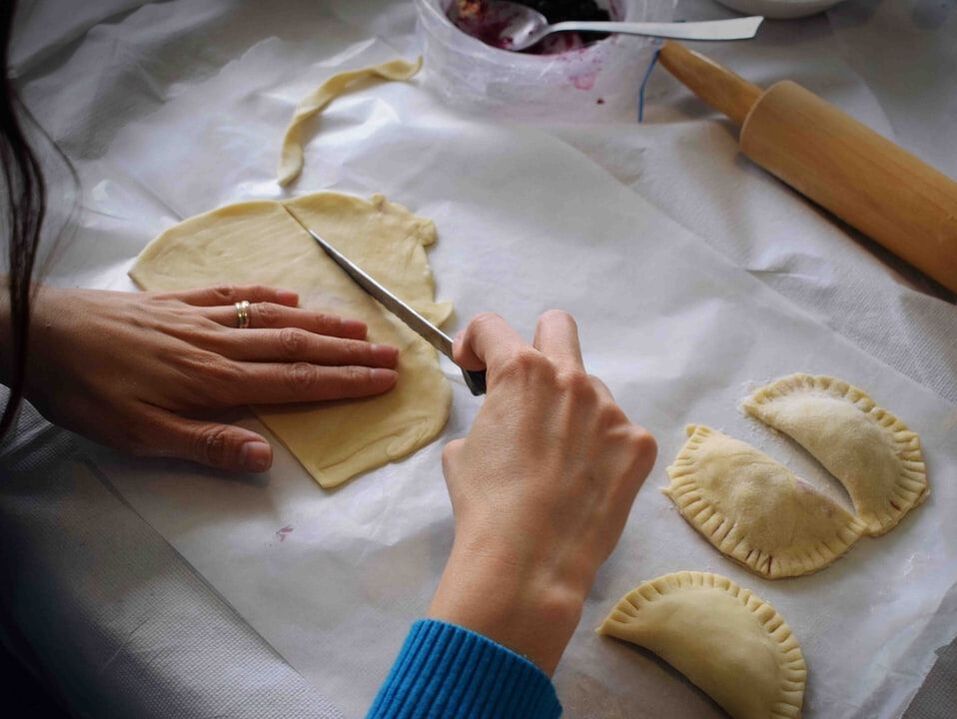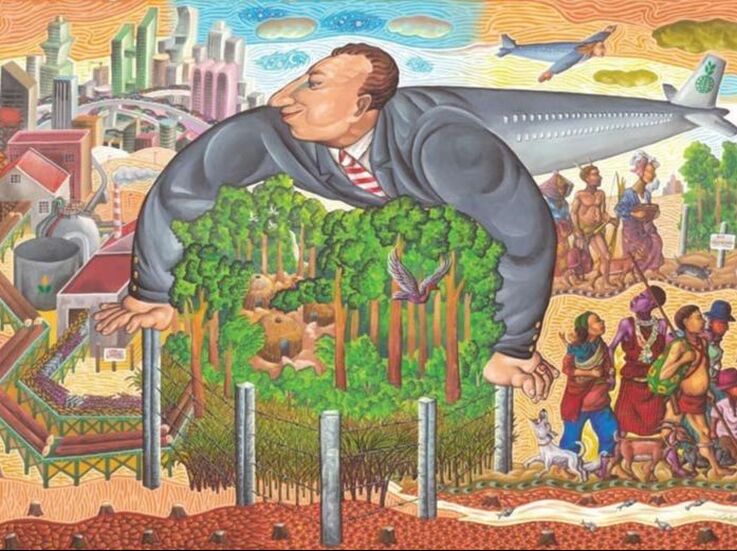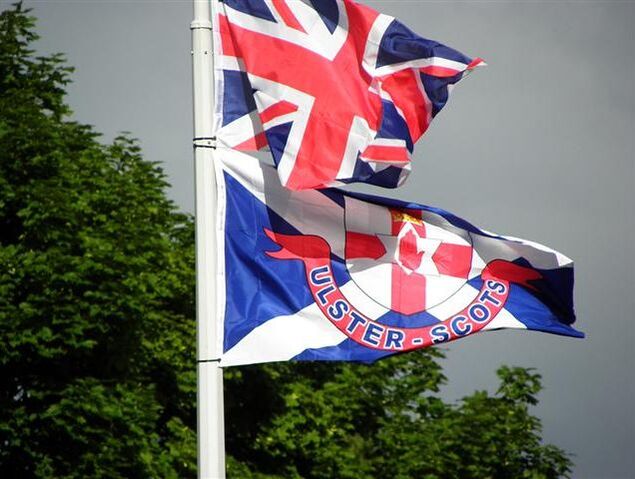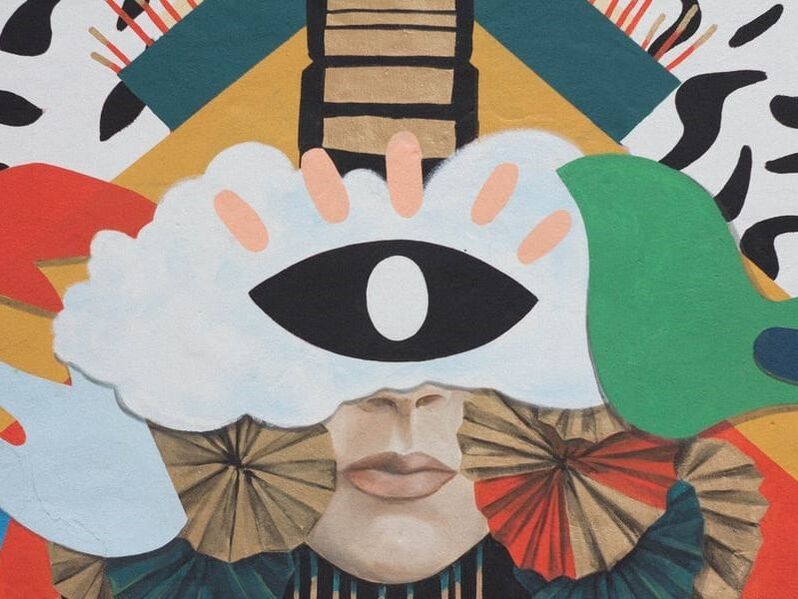|
|
|
In our Identities article, 'Private empowerment and public isolation: power in the stories of migrant ‘Mother-Poles’, we seek to understand what kinds of empowerment and disempowerment narratives can be linked to migrant motherhood and mothering in the case of Polish women raising their children abroad.
By linking two perspectives of migrant mothers themselves, as well as at looking at stories of adult children brought up by Polish mothers outside of their country of origin, we investigate maternal power which may, on the one hand, ground women as managers of their households but, on the other hand, does not seem to alleviate the general isolation they face in regards to the broader society. To gain a better understanding of the specific type of Polish migrant mothers we call ‘Mother-Poles’, it is vital to clarify that the particular Mother-Pole construct is a significant yet somewhat blurry notion of Polish motherhood. Moulded from both a religious inspiration of the Virgin Mary’s cult in Catholicism, and an experience of managerial matriarchy which described women’s resourcefulness during the time of State Socialism in the Central and Easter European block, the Mother-Pole figure is omnipresent in religious, social and political discourses, imbuing a reference point for the everyday life of many Polish women over 40.
0 Comments
Understanding racial capitalism in Africa: a study of the Nigerian oil-dependent capitalist economy21/10/2020
My Identities article, ‘The capital, state and the production of differentiated social value in Nigeria’, problematises the Nigerian oil-dependent capitalist economy through the perspective of the Black radical tradition. Using Cedric Robinson’s concept of race, I analyse the racialism inherent in the Nigerian capitalist economic relations and the accompanying contradictions. Capitalism is a very powerful historical force that has influenced and still influences diverse social, political and economic landscapes. The state is an agency through which the association of individuals are entrusted with the administration of the affairs of a given society. Both the capital and state are essential agencies in the entrepreneurial model of the capitalist mode of production.
Marxist scholars present capitalism as an unfair system that engages in unequal distribution of the social wealth generated by the society. Marx argues that the capitalist society is divided along class line and the economic factor remains the most decisive determining factor in shaping capitalist dynamics and its contradictions, while culture and other human pre-occupations play a role but not the decisive one. The working class, Marx maintains, is the revolutionary class that will eventually transform the capitalist economy.
In January 2020, an agreement was struck between Northern Ireland’s political parties that restored the power-sharing government in Belfast, ending a three-year suspension of the Assembly. This agreement requires the Assembly to ‘place a legal duty on the Department of Education to encourage and facilitate the use of Ulster Scots in the education system’. In light of the problematic potential of Ulster Scots education, serious consideration of Northern Ireland’s current trajectory into ethno-cultural education is as necessary as ever.
The recognition and incorporation of ethnicity into the education system has often been considered a productive, even necessary step in the production of a peaceful society. Teaching children about 'their own' culture is frequently conceptualised as an unquestionably positive, providing ‘ethnic groups’ with ‘the knowledge and means to defend their interests as well as revitalizing and strengthening their own cultures’[i]. In relation to Northern Ireland, some have argued that teaching children to ‘explore their own identities’ is an important prerequisite ‘to exploring that of the other community’[ii], and so a crucial step toward a more integrated society. In my Identities article, 'Ethnicizing Ulster’s Protestants?: Ulster-Scots education in Northern Ireland', I call this logic into question. Defences of ethnic education in postconflict societies tend to rely on rather problematic notions of ethnicity, treating ethnic 'groups' as social facts rather than socially constructed concepts. On the contrary, such identities are the products of peoplehood-building processes. In the Northern Irish context, two 'cultural identities' have become the politically sanctioned ethnicities marked out for incorporation into the discourse of identity work: Irish, a national identity with its roots in nineteenth-century nationalist revival; and Ulster Scots, a ethno-linguistic movement that developed in the latter years of the Troubles. Since Ulster Scots was first recognised in the Belfast/Good Friday Agreement in 1998, it has made considerable inroads into Northern Ireland’s civil society, including the education system.
Difference is something that exists in the bodies and culture of ‘others’
Sara Ahmed, 2007 In the wake of the recent intensification of activism and debate on why and how Black Lives Matter it is important to keep interrogating the multifaceted ways in which racism is pervasive within institutional practices – often in not immediately visible ways. In the UK, the current hostile environment (Grierson 2018) is designed to create forms of social disadvantage for migrants, especially those in situations of vulnerability, feeding into an ever expanding and invisibly coercive system of oppression. Our London-based research explored the kind of support that asylum seeking and migrant women receive by charities, especially around mental health. Compared to statutory services, charities are able to better understand and address the complex intersection of social, political, economic and emotional factors at stake in mental health, as opposed to psychiatric diagnoses which often tend to decontextualise people’s experiences of distress. Third Sector Organisations (TSOs) are well suited to respond to complex needs of asylum seeking and refugee women because the support they provide relies on empathetic understanding for different aspects of these women’s lives – ranging from acknowledging culturally embedded notions and experiences of mental health to being responsive to the structural position they are placed in by the state and society. Both material and emotional support are particularly important for newly arrived migrants, who have weaker social ties in the host country, are often less able to navigate support systems due to language barriers and because they are unfamiliar with or denied access to statutory services. |
|
Explore Identities at tandfonline.com/GIDE |
|
The views and opinions expressed on The Identities Blog are solely those of the original blog post authors, and not of the journal, Taylor & Francis Group or the University of Glasgow.




